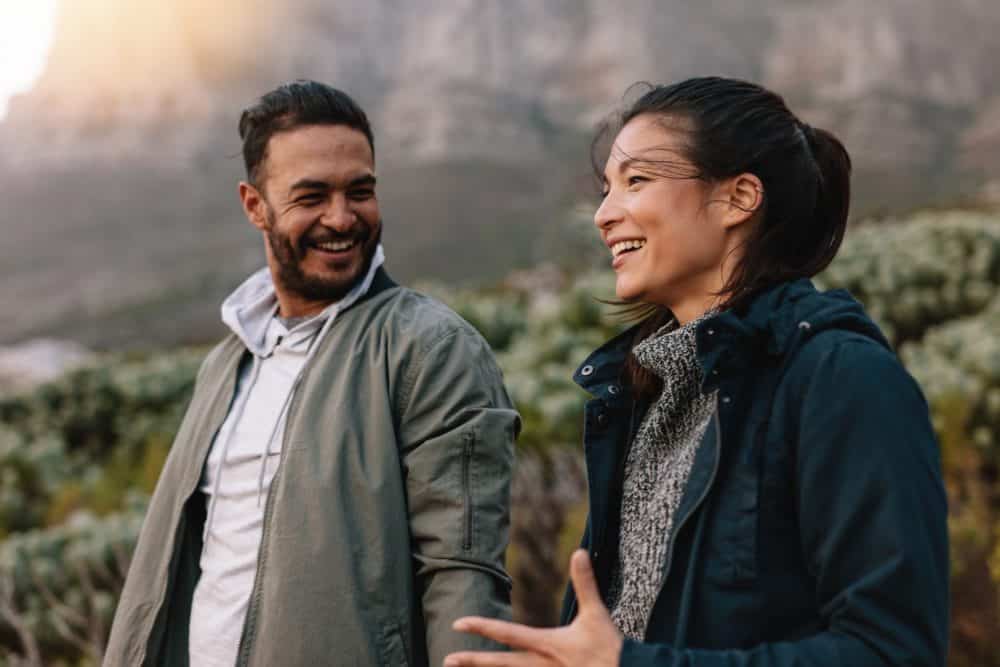People are comfortable with different degrees of financial participation in their relationships.
Try and make sure decisions are agreed upon, rather than a result of control, avoidance or frustration.
There are many ways to co-operatively craft financial lives that support both people in having what they want, individually and together.
The three C's of communication
One way to see if both partners are equally comfortable behind the financial wheel is by reviewing the three C’s of couple’s communication:
COMMUNICATE
Make it a point to regularly set aside time to have meaningful conversations and identify shared financial goals.
CONTROL
Having a plan in place increases a sense of control and confidence for both partners and brings an increased peace of mind that achieving goals is possible.
COLLABORATE
Building a financial plan together gives partners an equal opportunity to understand their financial needs and how to get there. Planning allows couples greater control over how to reach shared financial goals and identify potential hurdles and sacrifices that need to be made.
CONTROL
Having a plan in place increases a sense of control and confidence for both partners and brings an increased peace of mind that achieving goals is possible.
Money conversations are all about partnership.
When one person is making all the financial decisions, it almost always leads to feelings of resentment and disempowerment and can be a slippery slope to financial harm.
When couples work together and set goals by having clear, honest communication, the quality of their relationship can be significantly enhanced.
Overall, managing money as a couple is a lot like managing other aspects of a relationship. It all revolves around communication, respect, and trust.
The “leaning in” to money management also sets a good example for children, not only regarding finances, but by role modelling some of the necessary components of a healthy intimate partner relationship.
And remember… don’t give up
Your communication about money may feel slow and painful for a while, but whether you are working to change communication habits, or learn new skills, it will be worth it in the end.

“It is great to have the strategies and challenges come together so that you are learning together, sharing together and discovering together”
– Toolkit user
Good Shepherd NZ in partnership with Dr Ayesha Scott
AUT Finance Department
Disclaimer
The information, content and materials provided in our Healthy Financial Relationships Toolkit is for general informational purposes only and does not take into account the financial situation and/or particular needs of any person. Before making important financial decisions, you should seek professional advice if possible. This Toolkit contains links to other third-party websites. Such links are only for the convenience of the reader, user or browser. Good Shepherd NZ and AUT do not endorse the contents of third-party sites.
Did you find this useful?
We are a not-for-profit organisation working to improve the financial and social wellbeing of New Zealanders.
The resources on this website are provided free of charge to make sure they are available for people who need them.
If your organisation found these resources helpful, please consider making a donation to ensure we can continue supporting those people who need our help.
You can also make a donation, or set up a recurring donation, by contacting us directly



